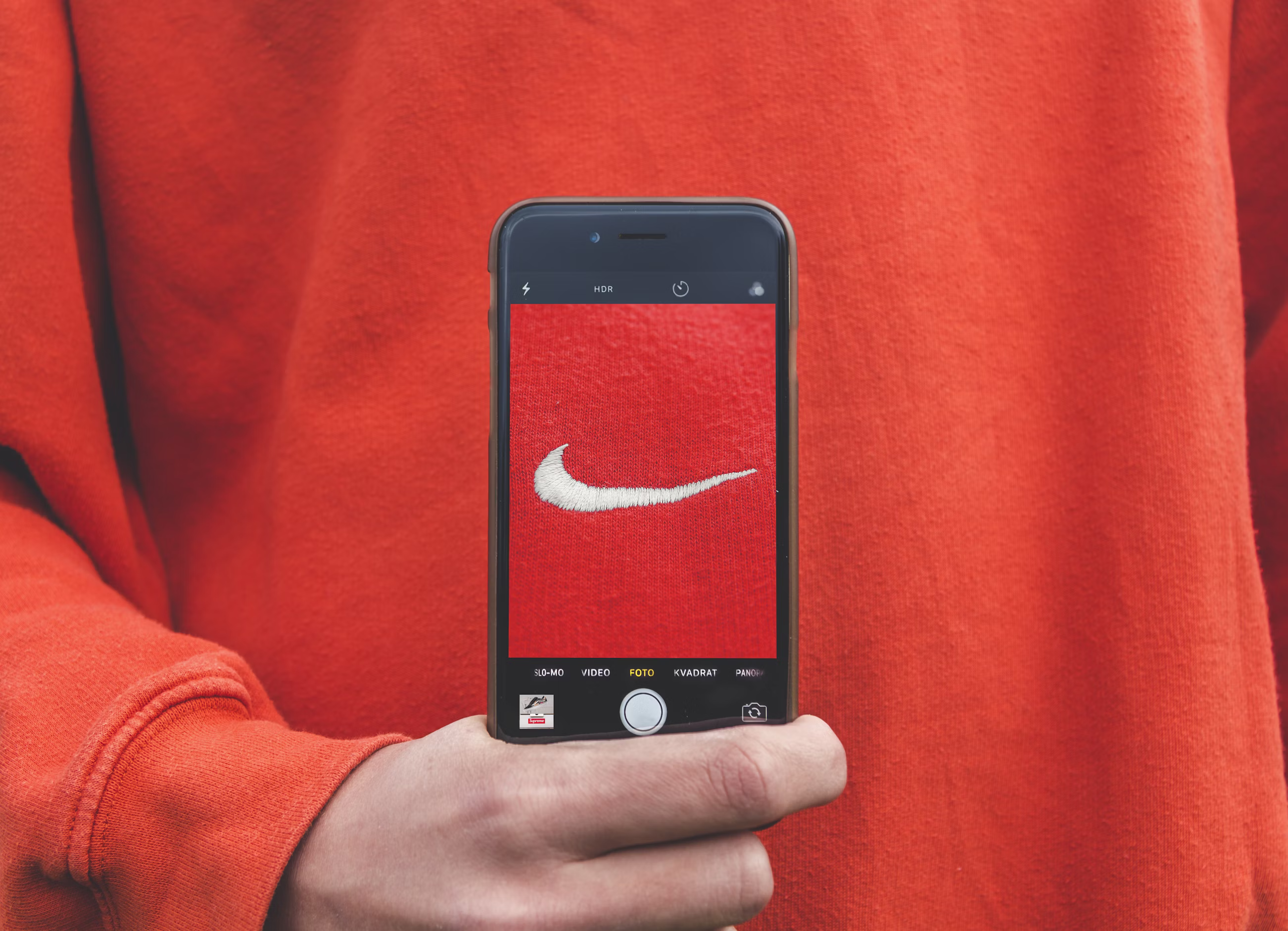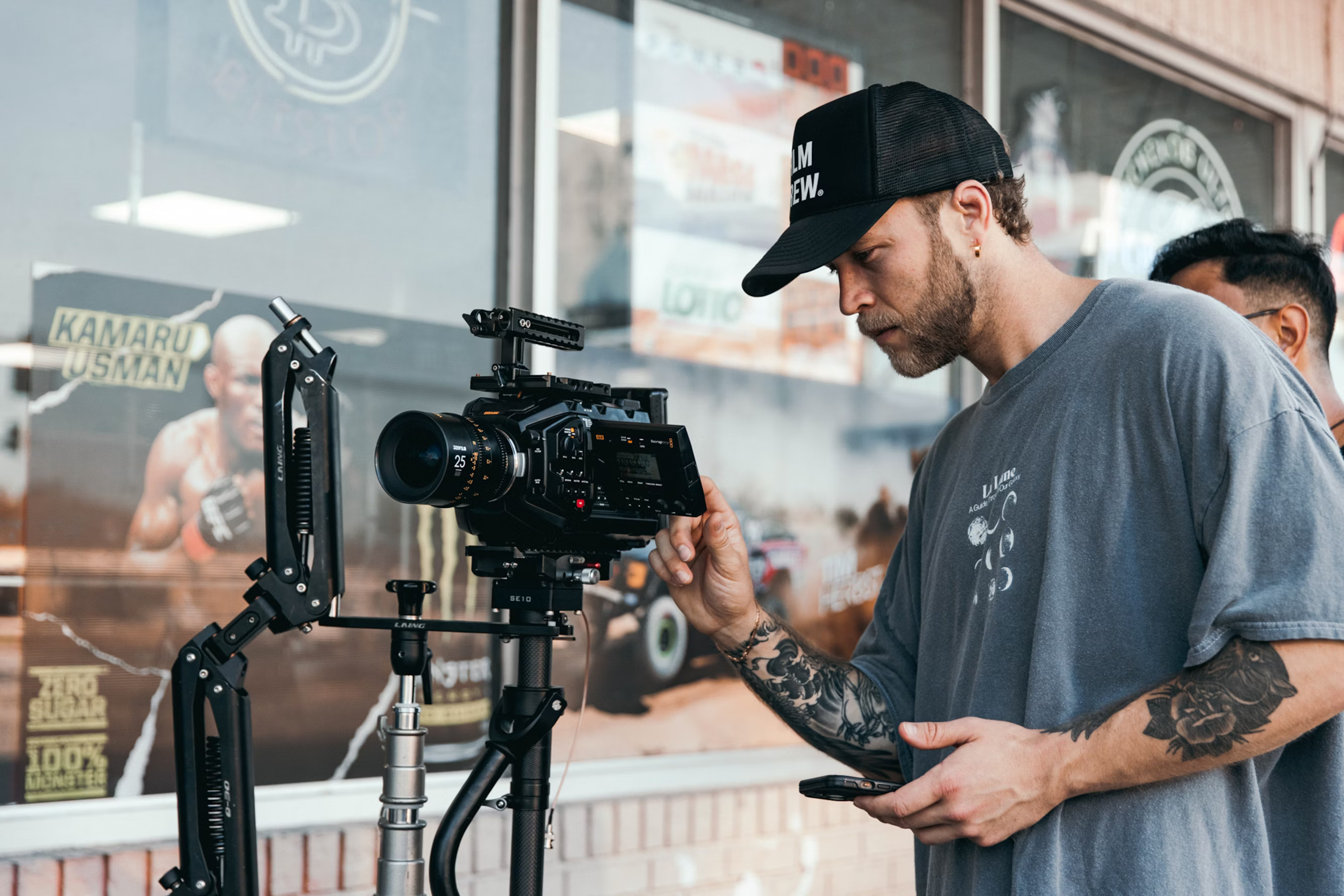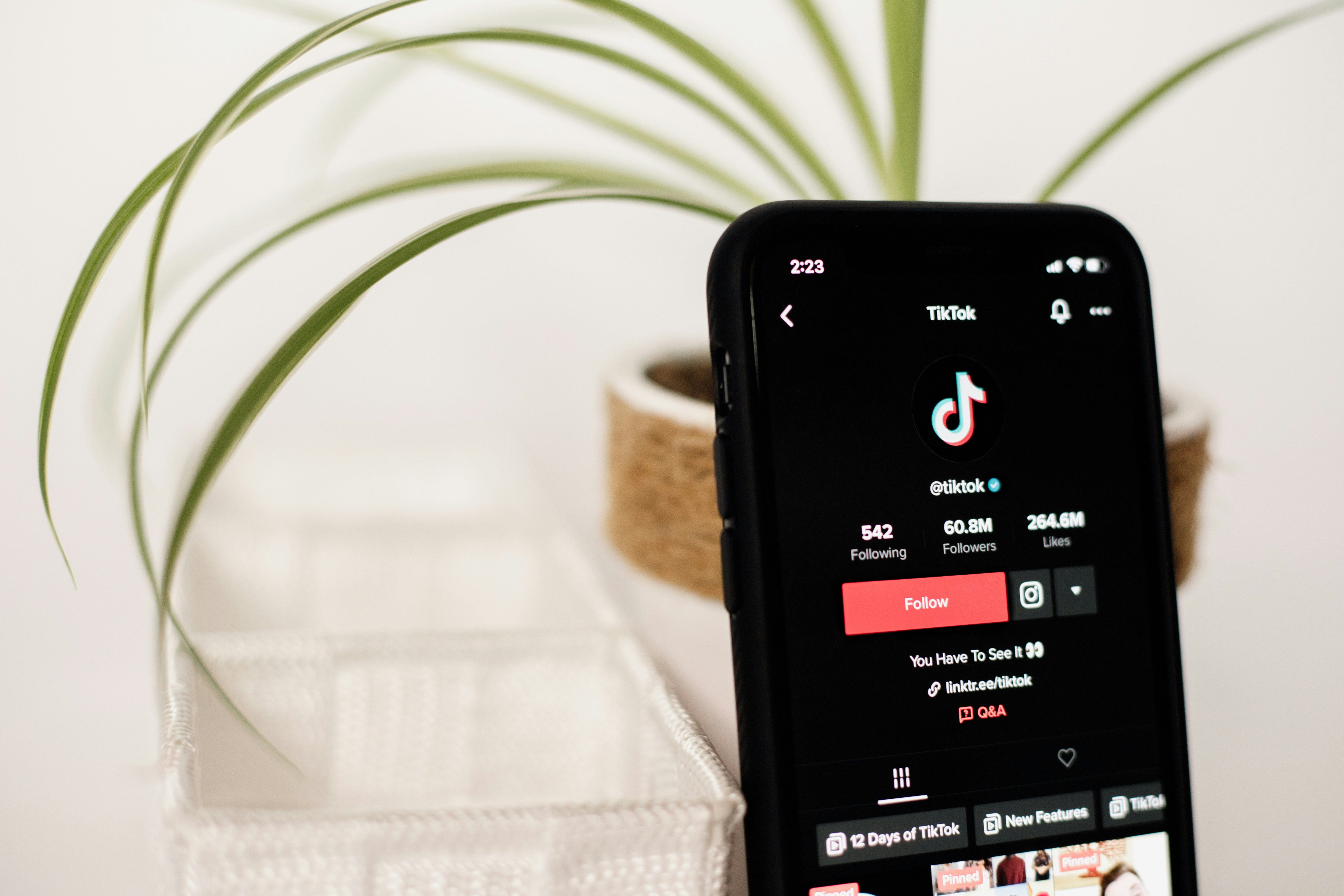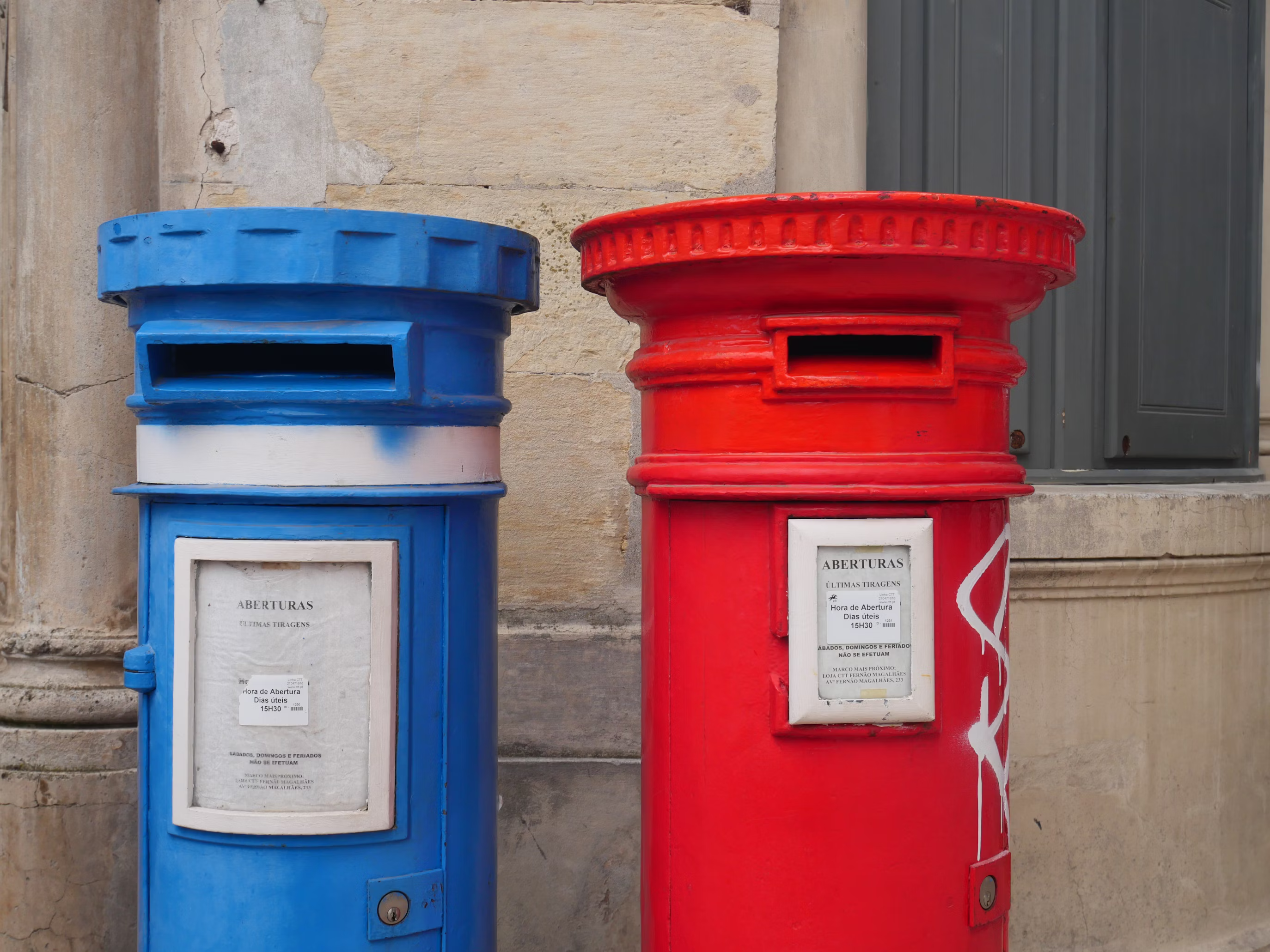What is a Brand Ambassador, and How Can Brands Find Them?
Maybe you’ve heard the term “brand ambassador” and are curious about what it means. Or perhaps you’re hoping to start a brand ambassador program.
Either way, we wrote this article for you! Once you’ve read it, you’ll know how to answer the question, “What is a brand ambassador?” and how to find one, what kind you want to work with, and why they can be powerful marketers for your brand.
So, what is an ambassador for a brand? Let’s find out. ⬇️
What is a brand ambassador?
The perfect brand ambassador:
- Has influence in a specific community you’re trying to reach
- Can use their network and relationships to market the brand via word-of-mouth and other marketing tactics
- Is willing to collaborate exclusively with your brand (i.e., they won’t endorse or use your competitors) on a long-term basis
- Has the same values as your brand
You can think of brand ambassadors as the “face” of your brand. As you can see, brand ambassadors are some of the closest marketing relationships you’ll have with people outside your company. It’s worth getting to know them before you sign the deal.
What is a brand ambassador job? What does it look like?
Here are some brand ambassadorships you might’ve heard of:
- George Clooney with Nespresso
- Kendall Jenner with Adidas, L’Oreal, and more
- Tiger Woods with Rolex, Monster Energy, and TaylorMade. (He used to endorse Nike)
Unless you’re a notable brand or have a LOT of money to spend, you probably won’t get names like these. But brand ambassadorships can still be an excellent option for you under the right circumstances. More on that later.
What is a brand ambassador program?
Some brands have programs where they go out of their way to recruit brand ambassadors.
One great example of this? Nike.
They partner with athletes from different sports–basketball, track, footballers, and golf, to name a few–and those big-name athletes promote their brand by wearing their shoes and designing exclusive shoes with their names on them.
Think of Air Jordans. They are Nike shoes–and they’re one of the bestsellers. As a brand ambassador, Michael Jordan (and his shoes) have become synonymous with Nike and elevated the entire brand's reputation.
Differences between brand ambassadors, influencers, and UGC creators
As we mentioned above, brand ambassadors usually become the face of your brand.
Influencers, on the other hand, usually have a more one-off type of relationship with the brands they represent. Sure, they’ll collaborate with you for one or two campaigns, but it’s a transactional relationship, and at some point, you pay the money, and you both move on.
Make no mistake: influencers are representing and endorsing your brand on their pages, but they aren’t the face of your brand. And, usually, their influence over people’s purchasing decisions isn’t as significant as it is with your brand ambassadors.
Of course, this all gets a little more complicated when we remember that sometimes, influencers become your brand ambassadors after doing a few campaigns with you. So yes, there is some crossover between what influencers and brand ambassadors do.
If you’re still confused, think about it this way: Brand ambassadors fully represent a brand. Their name and face are almost synonymous with it–the brand and the ambassador have blended, in a way. Conversely, influencers might work with the brand a few times, but they aren’t as enmeshed with the brand as ambassadors.
So what about UGC creators? Are they the same thing, too?
Nope, UGC creators are 100% different from influencers and brand ambassadors. UGC creators aren’t leveraging a community or endorsing your brand to their audience. In many cases, they couldn’t do that even if they wanted to. Instead, They’re focused on making great content for you to use in your ads or on your social media pages.
Where can you find brand ambassadors?
Good news! There are tons of places where you can find brand ambassadors! Here are your options:
- Social media. Use the search functionality of different platforms to find people in your niche who are passionate about it and who resonate with your brand’s values, then start a relationship with them.
- Databases. You’ll mostly be looking at influencer databases like Social Cat. Yes, you’ll have the best luck finding influencers, but if you work with an influencer who does a great job, matches your values, and loves your brand, you can consider making it official and making them a brand ambassador. Now, you might wonder: Can someone be an influencer and a brand ambassador at the same time? The answer is yes, that’s not a problem. If they find a brand they love, they can become ambassadors and not promote their competitors. They can also earn additional income from lining up deals with brands in different niches. Chances are, most of your brand ambassadors will start working with you as influencers, and then you’ll like some of them enough to make them brand ambassadors.
- Networking events. Conferences, events, or meet-ups related to your niche are often the best spots to find brand ambassadors. You connect differently in person than on social media, and you will spot immediately who you want to work with.
The advantages of working with ambassadors
Okay, so at this point, you might be thinking, “Great! But how do I know when my brand needs to start looking for ambassadors?”
The answer is whenever you’re ready to invest in someone to reap the rewards of brand ambassadorship. It’s not easy or fast, but it pays off over time.
Here are the benefits you’ll get from working with ambassadors:
- Long-term awareness and exposure. As your brand ambassadors talk about your brand more, you'll see more buzz and sales.
- Greater trust in consumers' eyes. Having ambassadors means your brand is good enough to convince people to represent it rather than work with competitors. This already shows trust, and consumers will trust it more, again leading to more sales in the mid- and long-term.
- The main advantage is the constant exposure you get with ambassadors. It is a long-term game, not a growth hack, so be ready to invest for the long haul.
Types of brand ambassadors
Brand ambassadors come with different levels of fame and influence. Here’s a great way to think about the various types:
- Celebrities are extremely hard to get, and usually, they work with "celebrity" brands–already established and famous in their own right. Think of Jay-Z, right? You won’t catch him working with just *any* brand. The brand needs to be at least on the same level of fame or close to it for a deal to work. Now, granted, sometimes celebrities will become ambassadors for smaller brands, helping them become famous–but those are exceptions reserved for companies with a LOT of capital to invest in celebrity endorsements.
- Influencers can also become ambassadors and are easier to negotiate with than celebrities. The process is simple: find an influencer who resonates with your brand, start working with them, and see how that works. If there’s chemistry, turn it into a long-term deal.
- Customers do not have the same level of influence as celebrities or influencers, but can also become your ambassadors. If they like your product and you are the only brand they buy from, they will spread the word about you.
What do you think?
Now that you know all about brand ambassadorships–what a brand ambassador is, how to find one, and the different types to work with–there’s just one question left to answer:
Which one is best for your brand?
Once you know that, you’ll be well on your way to building the brand ambassadorship program of your dreams! 🚀
Table of content
Looking for UGC Videos?







